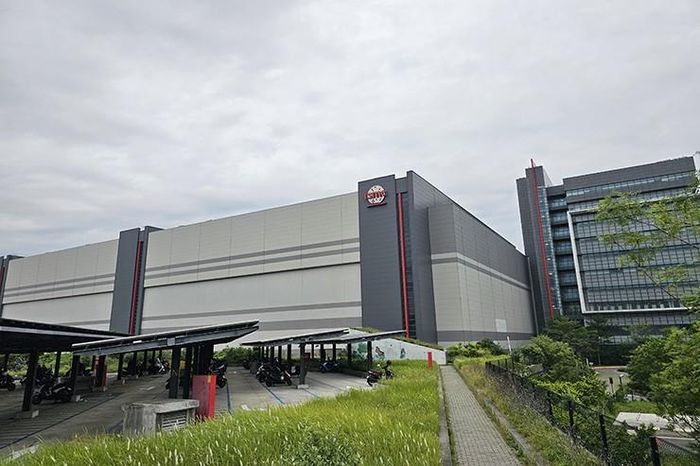iPhone 17 Pro may be delayed
Many problems can delay iPhone production, but the April 3 earthquake in Taiwan will not be one of them, at least in Taiwan. Following the earthquake, it was reported that iPhone chipmaker TSMC suffered damage to some of its manufacturing plants. However, just two days later, the company confirmed that operations had returned to normal, largely in the earthquake-resistant buildings where the chip manufacturing site is located.

TSMC's factories are designed to help reduce vibrations by 1-2 levels.
Due to the precision of advanced chip manufacturing, analysts fear the equipment that produces these components has been significantly damaged, which could cause disruptions in the supply chain for the products Apple plans. expected to launch in 2024. However, it seems that the impact will only be limited.
TrendForce said that although TSMC's factories suffered some damage, the advanced construction methods used helped reduce the effects. The building's 'world-class' seismic mitigation measures reduce its seismic impact by one to two orders of magnitude, the study found. These plants have an advanced manufacturing process ratio of around 50-80%, meaning losses are recovered quickly once operations resume, resulting in a small impact on capacity.
These measures were taken after the 1999 earthquake. From then on, TSMC applied a new development in disaster preparedness. They have implemented seismic management measures to minimize risks, in addition to thorough inspections afterward and installed technologies that help reduce vibrations in the equipment.
TSMC's 2nm chip factory was severely affected by the earthquake.
Apple's current A and M series chips are all manufactured by TSMC. However, although current chip manufacturing processes are still operating normally, the above earthquake incident may cause the iPhone 17 to be delayed. The heaviest damage appears to have occurred at a factory called Fab 12, where pre-production of 2nm chips expected to be used in iPhone 17 Pro models is conducted.
Only the Fab 12 suffered equipment damage caused by water stemming from broken pipes, mainly affecting the 2nm process, which is not yet in mass production. This is expected to have a short-term impact on operations, possibly requiring the purchase of new equipment, thereby slightly increasing capital costs for the company.